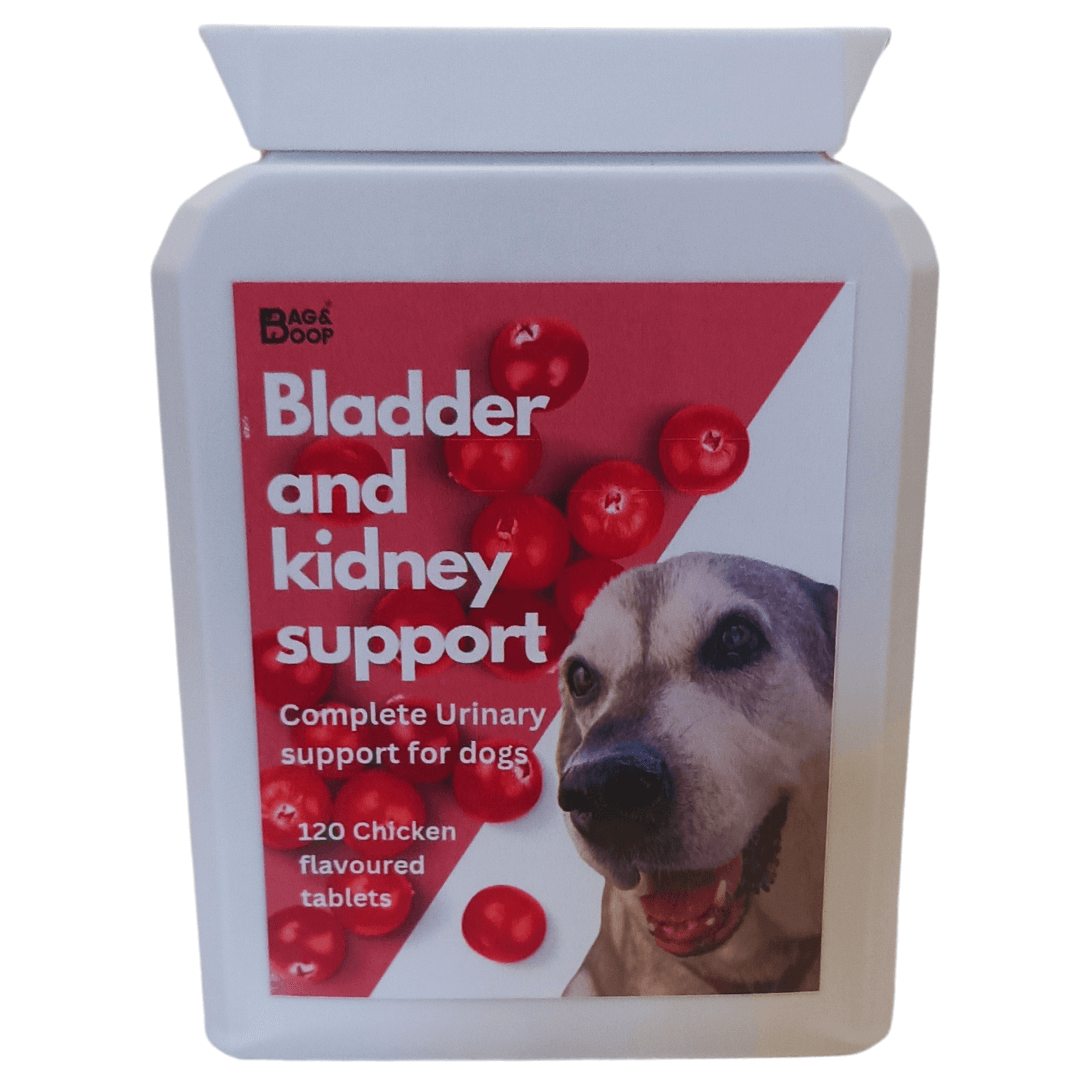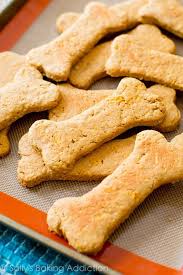The Importance of Choosing the Right Dog Food for Kidney Disease
When a dog is diagnosed with kidney disease, proper nutrition becomes crucial in managing the condition and maintaining the best possible quality of life. The right diet can help slow down the progression of kidney disease, alleviate symptoms, and support overall kidney function.
Key Considerations for Dog Food for Kidney Disease
Here are some key considerations to keep in mind when selecting food for a dog with kidney disease:
- Low Protein: Dogs with kidney disease often benefit from a diet that is low in protein. Excessive protein can put strain on the kidneys, so opting for a high-quality, low-protein diet is essential.
- Phosphorus Control: Phosphorus levels should be monitored in dog food for kidney disease. High phosphorus levels can worsen kidney function, so choosing foods with controlled phosphorus content is important.
- Quality Ingredients: Look for dog foods that contain high-quality ingredients and are free from artificial additives or fillers. Nutrient-dense, easily digestible ingredients can support your dog’s overall health.
- Omega-3 Fatty Acids: Omega-3 fatty acids have anti-inflammatory properties and may benefit dogs with kidney disease. Consider foods that are rich in omega-3s to help manage inflammation and support kidney health.
- Consult Your Veterinarian: It’s essential to consult with your veterinarian before making any changes to your dog’s diet. Your vet can provide guidance on the best food options based on your dog’s specific needs and health status.
The Role of Proper Nutrition in Managing Kidney Disease
A well-balanced diet tailored to your dog’s individual requirements is key in managing kidney disease. By choosing the right dog food and working closely with your veterinarian, you can help support your furry friend’s kidney health and well-being.
Remember, nutrition plays a vital role in your dog’s overall health, especially when dealing with conditions like kidney disease. With proper care and attention to dietary needs, you can help improve your dog’s quality of life and ensure they stay happy and healthy for years to come.
Top 7 FAQs About Dog Food for Managing Kidney Disease
- What type of dog food is best for kidney disease?
- Should I feed my dog with kidney disease a low-protein diet?
- How can I control phosphorus levels in my dog’s food for kidney disease?
- Are there specific ingredients I should look for in dog food for kidney disease?
- Can omega-3 fatty acids benefit dogs with kidney disease?
- Is it important to consult a veterinarian before changing my dog’s diet for kidney disease?
- How does proper nutrition play a role in managing kidney disease in dogs?
What type of dog food is best for kidney disease?
When considering the best type of dog food for kidney disease, it is essential to prioritize a diet that is low in protein, controlled in phosphorus levels, and made from high-quality ingredients. Opting for a specialized renal diet formulated specifically for dogs with kidney issues can be beneficial. These diets are designed to support kidney function and manage the progression of the disease. Consulting with a veterinarian is crucial to determine the most suitable food option based on your dog’s individual needs and health status. By selecting the right dog food tailored to address kidney disease, you can help improve your pet’s quality of life and overall well-being.
Should I feed my dog with kidney disease a low-protein diet?
When it comes to feeding a dog with kidney disease, the question of whether to provide a low-protein diet often arises. In general, dogs with kidney disease can benefit from a low-protein diet. Reducing protein intake can help lessen the workload on the kidneys and manage symptoms associated with the condition. However, it is crucial to consult with your veterinarian before making any dietary changes for your dog. A veterinarian can assess your dog’s specific needs and recommend the most suitable diet based on their individual health status and stage of kidney disease. Customized guidance from a professional ensures that your dog receives the appropriate nutrition to support their kidney health effectively.
How can I control phosphorus levels in my dog’s food for kidney disease?
Controlling phosphorus levels in your dog’s food is crucial when managing kidney disease. To regulate phosphorus intake, opt for specially formulated dog foods designed for kidney health that have controlled phosphorus content. Additionally, consider feeding your dog homemade meals with ingredients low in phosphorus, such as white rice, carrots, and lean proteins like chicken or turkey. Regularly consult with your veterinarian to monitor your dog’s phosphorus levels and adjust their diet accordingly to support their kidney function effectively.
Are there specific ingredients I should look for in dog food for kidney disease?
When selecting dog food for kidney disease, it is important to look for specific ingredients that can support your dog’s kidney health. Opt for a diet that is low in protein to reduce strain on the kidneys. Additionally, choose foods with controlled phosphorus levels, as high phosphorus content can worsen kidney function. Quality ingredients free from artificial additives or fillers are also crucial in supporting overall health. Consider foods rich in omega-3 fatty acids, which have anti-inflammatory properties that may benefit dogs with kidney disease. Consulting your veterinarian for guidance on the best ingredients tailored to your dog’s individual needs is essential in managing this condition effectively.
Can omega-3 fatty acids benefit dogs with kidney disease?
Omega-3 fatty acids can indeed benefit dogs with kidney disease. These essential fatty acids have anti-inflammatory properties that can help manage inflammation, a common issue in dogs with kidney disease. By incorporating omega-3 fatty acids into their diet through specialized dog foods or supplements, pet owners may be able to support their dog’s kidney health and overall well-being. However, it is important to consult with a veterinarian before introducing any new dietary components to ensure they are appropriate for the individual dog’s condition and needs.
Is it important to consult a veterinarian before changing my dog’s diet for kidney disease?
Consulting a veterinarian before changing your dog’s diet for kidney disease is crucial. Veterinarians play a vital role in assessing your dog’s specific health needs and determining the most appropriate dietary plan to manage kidney disease effectively. They can provide valuable insights, recommend suitable food options tailored to your dog’s condition, and ensure that any dietary changes align with their overall treatment plan. By seeking professional guidance from a veterinarian, you can make informed decisions that support your dog’s kidney health and well-being in the best possible way.
How does proper nutrition play a role in managing kidney disease in dogs?
Proper nutrition plays a crucial role in managing kidney disease in dogs by helping to slow down the progression of the condition, alleviate symptoms, and support overall kidney function. A diet tailored to a dog with kidney disease can help reduce the workload on the kidneys, maintain proper hydration levels, and provide essential nutrients while minimizing harmful substances like phosphorus that can worsen kidney function. By choosing the right dog food with low protein, controlled phosphorus levels, quality ingredients, and potentially beneficial components like omega-3 fatty acids, pet owners can significantly impact their dog’s health and well-being. Consulting with a veterinarian for personalized dietary recommendations is essential in ensuring that a dog with kidney disease receives the best possible nutrition to manage their condition effectively.




